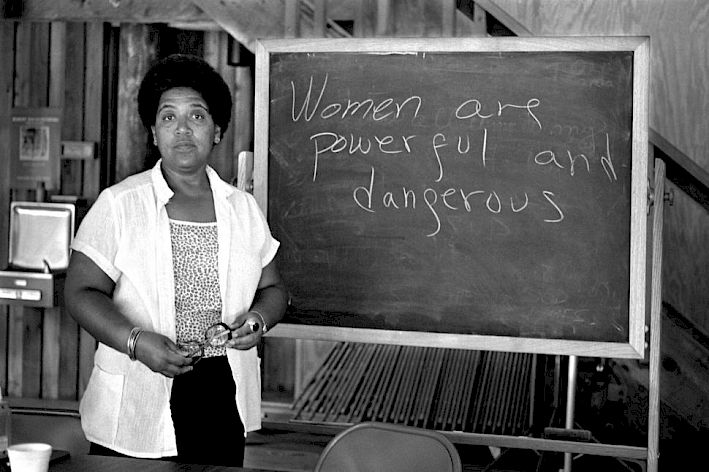What We're Reading This Week

Credit: Robert Alexander/Getty Images
Zaib un Nisa Aziz
Samuel Clowes Huneke, “Black Germans and the politics of diaspora: On Tiffany Florvil’s ‘Mobilizing Black Germany’” Los Angeles Review of Books
German historian Samuel Clowes Huneke reviews Tiffany Florvil's new book “Mobilizing Black Germany: Afro-German women and the making of a transnational movement” on the political and intellectual work carried on by black female activists in 1980s Germany. Huneke discusses the importance of this historiographical intervention for contemporary and modern German history as well as for the global histories of black activism in the twentieth century, and he highlights why these histories are especially important during the present resurgence of the far-right in Germany and the United States.
Aida Alami, “The Arab Spring at ten,” The New York Review of Books
Ten years ago, a string of popular uprising rocked the Middle East and North Africa. That moment of immense hope in 2011 was short lived and was soon followed by protracted struggle, war and counter-revolutionary violence. Aida Alami speaks to five people from across the region as they reflect on the perils of their time, the prospects for the future, and the legacies of the Arab Spring.
Jeannie Suk Gersen, “Seeking the true story of the comfort women,” The New Yorker
When Harvard Law Professor J. Mark Ramseyer recently claimed that Korean comfort women during the Second World War were not forced into performing sexual acts but instead 'chose' prostitution as work, an intense international controversy ensued almost immedietly. In this piece, Harvard Law Professor Jeannie Suk Gersen discusses the diplomatic implications of this debate and, more significantly, shows how dubious claims such as the one presented by Ramseyer undermine the entire enterprise of historical writing.
Sam de Schutter
Sara Salem, “Feminism, sovereignty, and the pan-African project,” Africa Is a Country
In this interview, Sara Salem talks about her research on conceptions of sovereignty in post-independence Africa, and especially how African feminists influenced the project of Pan-Africanism. This article is part of the ‘Reclaiming Africa’s early post-independence history’ series from Post-Colonialisms Today (PCT), ‘a research and advocacy project of activist-intellectuals on the continent recapturing progressive thought and policies from early post-independence Africa to address contemporary development challenges.’
The Editorial Board, “Foreign aid is having a reckoning,” The New York Times
Opinion from the editorial board, discussing how the Black Lives Matter movement, but also the coronavirus pandemic, give traction to those who are challenging longstanding assumptions and practices in foreign aid. It particularly focuses on Global South leaders and activists who act against developments, white savior complex, and its exclusion of those communities it allegedly serves.
Boyd van Dijk, “Internationalising colonial wars: The Geneva Conventions in the Global South,” Past & Present Blog
Boyd van Dijk introduces his Past & Present article, in which he discusses how “anti-colonial activists across the political spectrum used the ICRC’s presence, as well as the Geneva Conventions, as a platform to voice their complaints and to strengthen their position internationally.” In pointing to these interactions of anti-colonial activists with the ICRC and humanitarian law a decade before the Algerian War of Independence and the Bandung moment, he traces an alternative genealogy of the mutual influence between international law and decolonization.